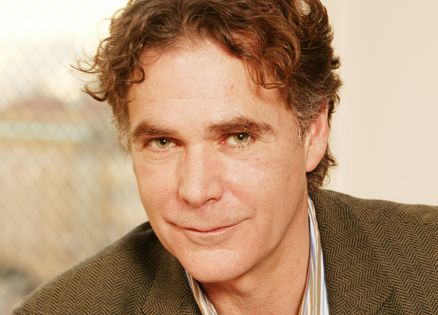The wet breeze from the hotel window where I was staying on a business trip in Copenhagen, Denmark, felt good. I’d opened that window for a reason, and I knew what it was. After two years of sobriety, I was in the middle of a terrible relapse.
Death, I reasoned, would be the ultimate hard stop. It would end all remorse, all regrets, all guilt, all feelings. It would just be over and whatever I left behind would be for the living to deal with. Not me. And whatever the consequences, they certainly seemed preferable to my continued existence.
I walked unsteadily to the window, threw one leg over, and straddled the sill, leaning back against the jamb, a drink balanced on my stomach to sip from. My right leg dangled heavily over the void. I could just stay here, I thought groggily, and let gravity make the decision.
I don’t know how long I remained in that state of sublime equilibrium between life and death. All I know is I was rudely aroused by an insistent knocking on my door.
“Are you in there?” a man’s voice demanded.
I lurched over to the door and opened it a crack, keeping the chain on, and peered out. “Yes?” I said. “Is there a problem?”
“You tell us,” the man said as he and his partner both pulled out identical leather holders containing extremely serious-looking badges.
“Interpol,” the partner said, and then repeated herself deliberately. “We are from In-ter-pol.”
“Can I help you in some way?” I said, trying not to slur.
“We’re just checking to see if you are alive,” said the man finally.
“Apparently I still am,” I said, and tried to smile. “Thank you.”
Some time later, after finding my way back to sobriety by the grace of God, I would discover that no one—not my family, my employer, the hotel staff or my friends—called Interpol. No one even knew I was in that hotel. Interpol itself had no record of two agents visiting that hotel.
To this day I cannot tell you how those two agents—whoever they were—came to knock on my door at the exact moment they did. But their timing couldn’t have been better.






